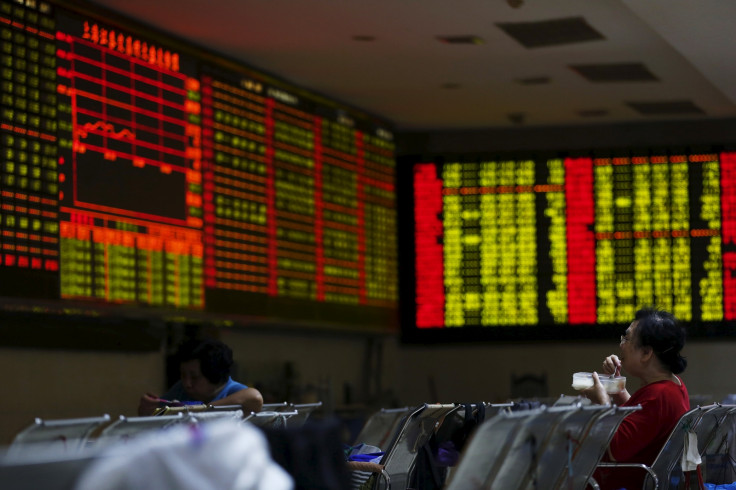China: Shanghai Composite index rises after government regulations but small investors lose out

Chinese shares have continued to gain momentum as a result of the government's anti-sell measures, although millions of Chinese people have made significant losses.
China's Shanghai Composite index, which had been climbing for months, plummeted by 31.5% from its peak of around 5,121.590 to 3,507.192.
The steep fall of the index, which started suddenly around 25 June, saw around $3tn (£1.9tn, €2.7tn) of Chinese equity lost.
In a response, the government's China Securities Regulatory Commission (CSRC), ruled that major stakeholders who hold more than 5% of a company's shares were not allowed to sell their shares for six months.
Although the measures did have the desired effect and the index has bounced up to 3,900.89, analysts and economists have criticised the fact that the Chinese stock market is far from a free market because of the regulations.
Jane Foley at Rabobank said: "The fact that share trading in China is currently being conducted in conditions that bear little resemblance to a properly functioning market should give investors significant cause for concern."
The CSRC and the People's Bank of China have imposed over 20 measures between 27 June and 8 July to encourage the rise of the Shanghai Composite.
The importance of the Composite lies in the fact that millions of Chinese citizens have invested large proportions of their savings in shares on the stock market. The giant losses hit many small investors the hardest, wiping out personal capital in many cases.
© Copyright IBTimes 2025. All rights reserved.



















